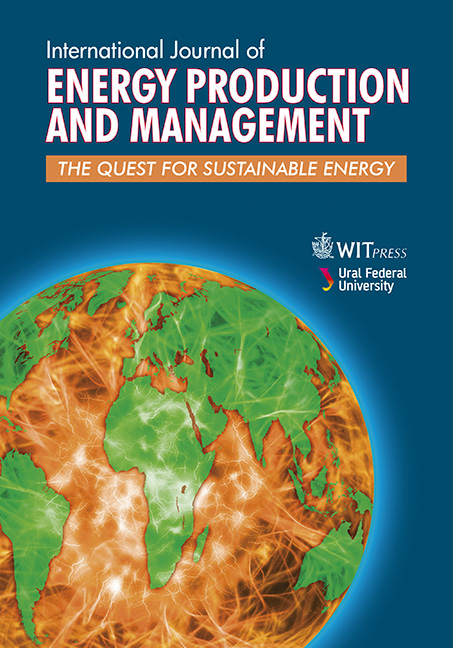Experimental envelopes and their integration in the building information modeling energy simulation process
Price
Free (open access)
Volume
Volume 3 (2018), Issue 2
Pages
12
Page Range
97 - 109
Paper DOI
10.2495/EQ-V3-N2-97-109
Copyright
WIT Press
Author(s)
Rossella Roversi, Federico Cinquepalmi, Fabrizio Cumo & Elisa Pennacchia
Abstract
The present contribution deals with an ongoing italian research which includes several steps and it is approaching to its final stage. the main goal is analysing and testing the feasibility of municipal waste reuse for designing building envelopes for near zero Energy Buildings (nzEB), so as to contribute to the decreasing demand for energy and improve eco-friendly waste management in urban areas. first, prefab building components have been designed using selected waste and their thermal and acoustic behaviours have been calculated, according to the European rules; then the economic costs of the obtained building envelopes have been assessed and compared to common building structures to verify their possible appeal on the italian market, and finally the components have been assembled in the project for a small nzEB building: a didactic classroom for the mira porte primary school (venice, italy).
This paper refers to the in-depth elaboration of the project, mainly concerning fire and pollut- ant protection, and it focuses on the reliability check of the Building information modeling (Bim) parametric model, especially as concerns non-conventional materials and components. the relative building energy behaviour has been obtained exporting the Bim energy simulation model using the Ec770 integrated design for revit plug-in. finally, a comparison between the results obtained with the traditional energy assessment (according to d.m. 26/06/2015) and those using the Bim model has been made to evaluate the interoperability between architectural modeling software and the energy simulation one.
Keywords
BIM, energy behaviour assessment, energy simulation, high performance components, municipal waste reuse, parametric modelling, Zero Energy Buildings.




